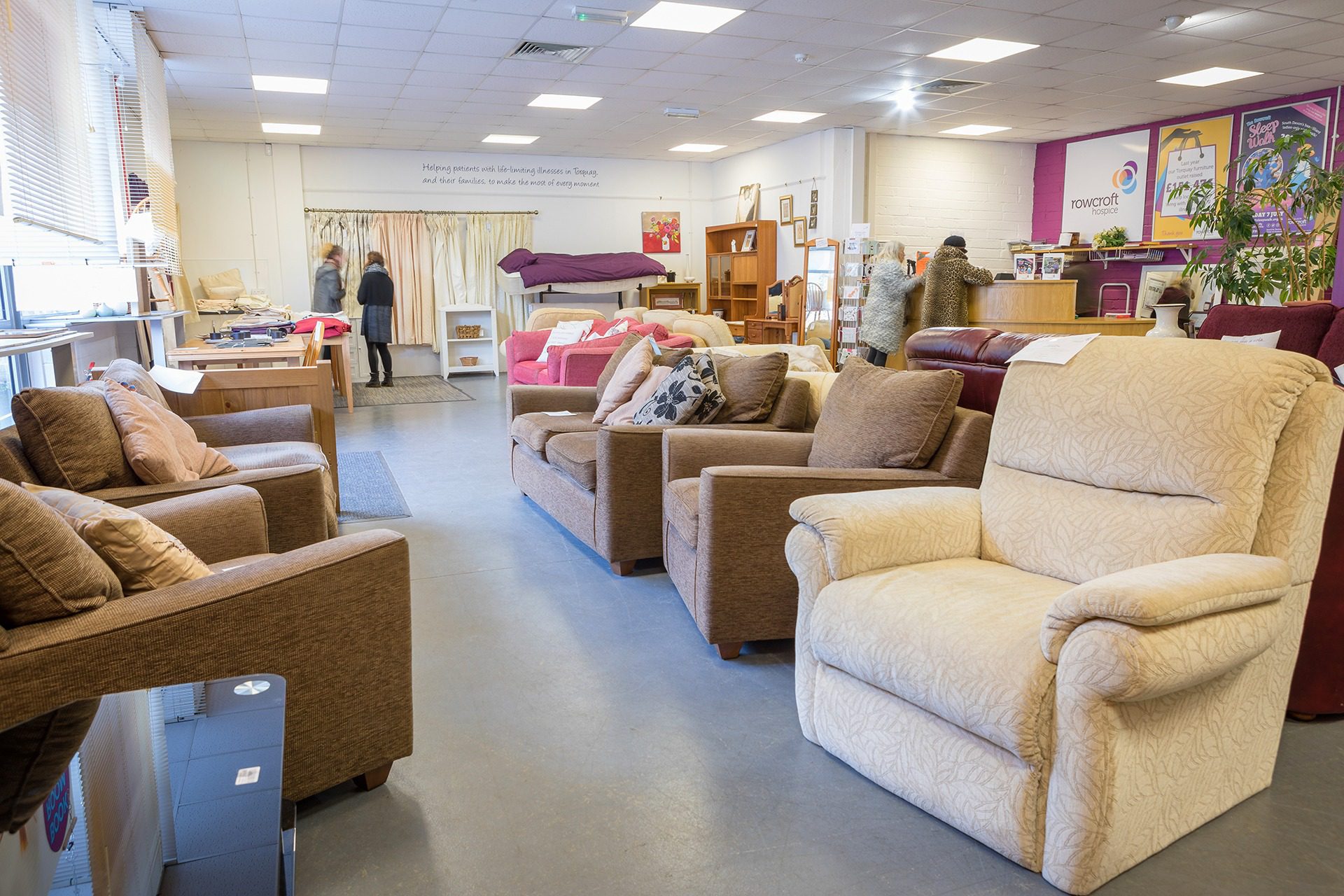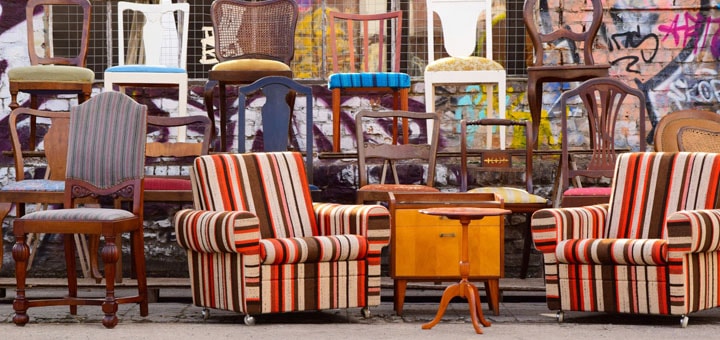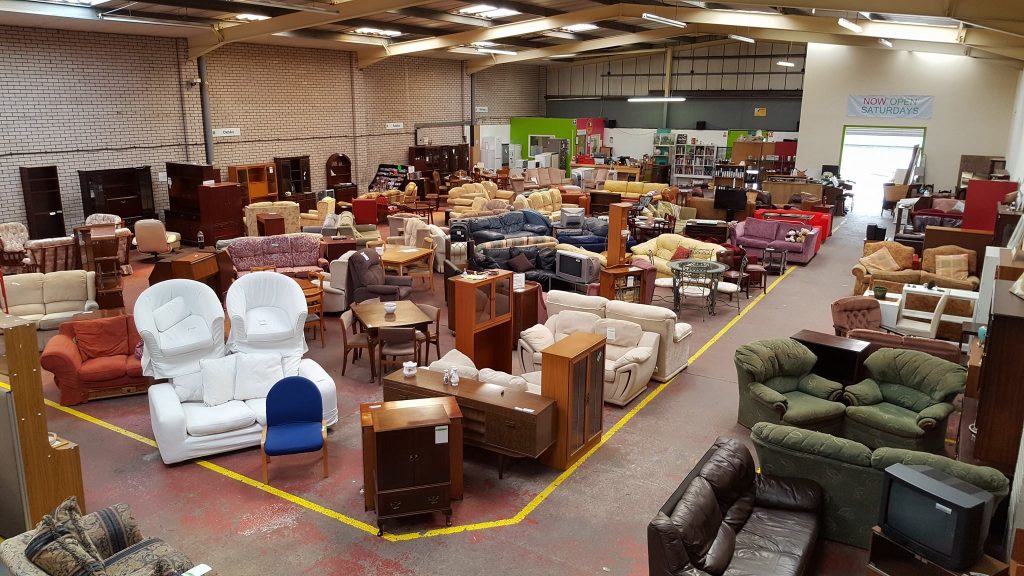The Value of Second Chances: Exploring the Role of Charity Shops in Furniture Donation
Related Articles: The Value of Second Chances: Exploring the Role of Charity Shops in Furniture Donation
Introduction
With great pleasure, we will explore the intriguing topic related to The Value of Second Chances: Exploring the Role of Charity Shops in Furniture Donation. Let’s weave interesting information and offer fresh perspectives to the readers.
Table of Content
The Value of Second Chances: Exploring the Role of Charity Shops in Furniture Donation

In the contemporary landscape of consumerism, the act of donating furniture holds significant weight. It is not merely a means of decluttering one’s home, but a powerful act of giving back to the community and fostering sustainability. Charity shops, often referred to as thrift stores or secondhand shops, play a pivotal role in this process, acting as vital conduits for redistributing gently used furniture to those in need, while simultaneously promoting environmental consciousness.
The Importance of Furniture Donation
The benefits of furniture donation extend far beyond the simple act of giving away unwanted items. It is a multifaceted practice that contributes to a more equitable and sustainable society.
1. Providing Affordable Furnishings: For individuals and families facing financial hardship, the cost of furnishing a home can be a significant barrier. Charity shops offer a lifeline, providing access to affordable furniture, allowing them to create comfortable and functional living spaces. This alleviates financial pressure and enables individuals to focus on other essential needs.
2. Reducing Waste and Promoting Sustainability: Furniture disposal contributes significantly to landfill waste. Donation provides a viable alternative, diverting furniture from landfills and reducing the environmental impact of manufacturing new products. This aligns with the growing movement towards sustainable consumption and promotes a circular economy model, where resources are reused and repurposed rather than discarded.
3. Supporting Community Initiatives: Charity shops are often run by non-profit organizations, with proceeds from furniture sales funding various community projects. These initiatives can range from providing educational resources to supporting vulnerable populations, thereby directly impacting the well-being of local communities.
4. Fostering Social Inclusion: Access to quality furniture is crucial for fostering a sense of dignity and belonging. By providing affordable furnishings, charity shops contribute to social inclusion, ensuring that everyone has the opportunity to create a comfortable and welcoming home environment.
5. Encouraging Creativity and Upcycling: The unique character of secondhand furniture often inspires creative repurposing. Charity shops can become hubs for upcycling projects, where individuals can find inspiration and materials to transform old pieces into unique and functional items, promoting a sustainable and creative approach to furniture design.
Understanding the Role of Charity Shops
Charity shops act as vital intermediaries in the furniture donation process, playing a crucial role in connecting donors with recipients and ensuring the efficient distribution of donated items.
1. Collection and Sorting: Charity shops typically offer collection services for large furniture items, facilitating the donation process for donors. Once received, the furniture is carefully inspected, cleaned, and sorted based on its condition and potential market value.
2. Pricing and Display: Furniture is then priced competitively, reflecting its condition and market demand. Charity shops prioritize affordability, ensuring that donated items are accessible to a wide range of individuals. Items are displayed attractively to showcase their potential and encourage customers to envision their place in a new home.
3. Customer Service and Support: Charity shop staff are often knowledgeable about the furniture they sell and can provide guidance and advice to customers. They create a welcoming and supportive environment, assisting customers in finding the perfect pieces to suit their needs and budget.
4. Community Engagement: Many charity shops actively engage with the community through fundraising events, workshops, and partnerships with local organizations. These initiatives raise awareness about the importance of donation and foster a sense of community involvement.
Navigating Furniture Donation: Frequently Asked Questions
1. What types of furniture are accepted for donation?
Charity shops typically accept a wide range of furniture, including beds, wardrobes, tables, chairs, sofas, and other household items. However, they may have specific guidelines regarding the condition and age of furniture. It is always advisable to contact the charity shop directly to inquire about their acceptance criteria.
2. What should I do to prepare furniture for donation?
Before donating furniture, it is important to ensure it is clean, free of damage, and in good working order. Remove any personal belongings, such as bedding or clothing, and consider making minor repairs if necessary.
3. How can I donate furniture to a charity shop?
Most charity shops offer collection services for large furniture items. Contact the shop to arrange a suitable collection date and time. Alternatively, you may be able to drop off furniture at the shop during their opening hours.
4. What happens to furniture that is not sold?
Unsold furniture may be offered to other charities, recycled, or disposed of responsibly. Some charity shops may also have partnerships with furniture restoration workshops or upcycling initiatives, giving donated items a second life.
5. Are there any tax benefits associated with furniture donation?
In some jurisdictions, individuals may be eligible for tax deductions for charitable donations, including furniture. It is important to consult with a tax advisor to determine eligibility and specific guidelines.
Tips for Successful Furniture Donation
1. Choose a Reputable Charity: Research and select a charity shop that aligns with your values and has a proven track record of providing valuable services to the community.
2. Check Donation Guidelines: Contact the charity shop to inquire about their specific acceptance criteria, including the condition and type of furniture they accept.
3. Prepare Furniture for Donation: Clean and repair furniture before donating, ensuring it is in good condition and free of any hazardous materials.
4. Schedule a Collection or Drop-Off: Contact the charity shop to arrange a convenient collection date and time or inquire about their drop-off procedures.
5. Consider Upcycling or Restoration: Before donating furniture, consider whether it can be upcycled or restored to improve its value and appeal to potential buyers.
Conclusion
Furniture donation is a powerful act of generosity that benefits both individuals and the environment. Charity shops play a crucial role in facilitating this process, providing a platform for redistributing gently used furniture to those in need, promoting sustainability, and supporting community initiatives. By embracing the practice of furniture donation, individuals can contribute to a more equitable and sustainable society, ensuring that furniture finds a second life and fulfills its purpose beyond its initial ownership.








Closure
Thus, we hope this article has provided valuable insights into The Value of Second Chances: Exploring the Role of Charity Shops in Furniture Donation. We hope you find this article informative and beneficial. See you in our next article!